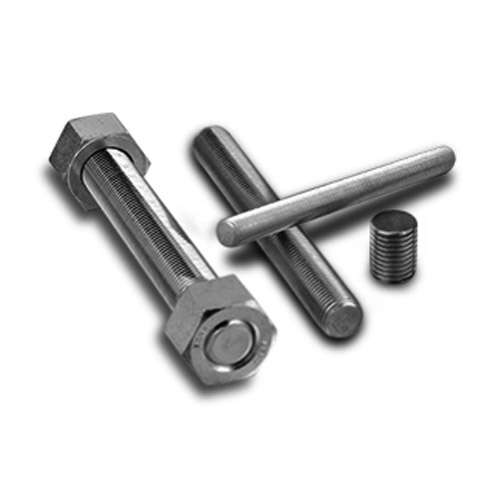Guidelines for Selecting Power Steering Hose Ends for Optimal Performance
ഒക്ട് . 03, 2024 02:25 Back to list
Guidelines for Selecting Power Steering Hose Ends for Optimal Performance
Understanding Power Steering Hose Ends Essential Components for Vehicle Performance
Power steering systems are critical components in modern vehicles, facilitating smoother steering and enhanced driver control. Among the various components of a power steering system, the power steering hose ends play a pivotal role. These fittings connect the power steering hoses to the steering gear and pump, ensuring that hydraulic fluid flows efficiently throughout the system.
Importance of Power Steering Hose Ends
Power steering hose ends are designed to maintain a secure connection between the power steering hoses and other system components. Given the high pressure within the power steering system, the integrity of these hose ends is vital. Any leaks or failures can lead to a loss of steering assist, potentially impacting vehicle safety and handling. As such, the quality and durability of power steering hose ends cannot be overstated.
Types of Power Steering Hose Ends
There are generally two types of power steering hose ends crimped and threaded. Crimped hose ends are commonly used in OEM applications due to their robust design and reliability. These fittings are permanently attached to the hose using crimping tools, which compress the fitting around the hose to create a leak-proof seal. On the other hand, threaded hose ends provide more flexibility for aftermarket modifications, allowing users to easily replace or upgrade their power steering components without complete system replacement.
power steering hose ends

Materials and Construction
Power steering hose ends are typically made from high-quality metals such as steel or aluminum, chosen for their strength and resistance to wear. Some aftermarket options may also feature anodized finishes to prevent corrosion and improve aesthetics. The choice of materials not only affects durability but also influences the overall weight of the power steering system, which can impact vehicle performance.
Maintenance Tips
To ensure the longevity of power steering hose ends, regular inspection is essential. Drivers should check for signs of wear, such as cracks or leaks in the hose or fittings. If any issues are detected, it’s crucial to replace the affected components promptly. Additionally, using the correct fluid for your power steering system and keeping it at the proper level can help maintain the health of the entire system, including the hose ends.
Conclusion
In summary, power steering hose ends are critical for the effective functioning of a vehicle's power steering system. Understanding their role, types, and maintenance can help vehicle owners ensure optimal steering performance and extend the lifespan of their vehicles. Whether for routine inspections or upgrades, paying attention to these components can lead to safer and more enjoyable driving experiences. For anyone looking to enhance their vehicle’s power steering system, focusing on high-quality hose ends is a step in the right direction.
